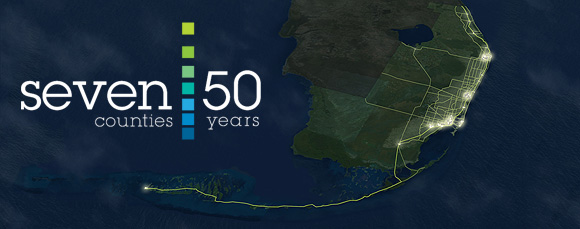AGENDA 21 REVEALED: ICLEI, Comprehensive Planning, Smart Growth, Green, Regionalism
Agenda 21 is a non-binding, voluntarily implemented action plan of the United Nations with regard to sustainable development.[1] It is a product of the UN Conference on Environment and Development (UNCED) held in Rio de Janeiro, Brazil, in 1992. It is an action agenda for the UN, other multilateral organizations, and individual governments around the world that can be executed at local, national, and global levels. The “21” in Agenda 21 refers to the 21st Century. It has been affirmed and modified at subsequent UN conferences.
[youtube]http://youtu.be/JuoPqxAfnd8[/youtube]
During the last decade, opposition to Agenda 21 has increased within the United States at the local, state, and federal levels.[15] In January 2011, Commissioner Richard Rothschild of Carroll County, Maryland became the first elected official in the United States to successfully remove a U.S. jurisdiction from the ICLEI and Agenda 21.[16][unreliable source?] The Republican National Committee has adopted a resolution opposing Agenda 21, and the Republican Party platform stated that “We strongly reject the U.N. Agenda 21 as erosive of American sovereignty.”
Those who follow Glenn Beck might be aware that Tuesday marks the release of his latest book, “Agenda 21,” the suspenseful and perhaps sobering tale of a futuristic America in which a UN-led program spawned an authoritarian state where individuals are stripped of all personal rights and freedoms.
Oddly, Beck’s novel is not simply a work of fiction, but based on an actual program created by the United Nations by the very same name — “Agenda 21″ — which, according to the UN’s own website, is a “comprehensive plan of action to be taken globally, nationally and locally by organizations of the United Nations system, governments and major groups, in every area in which human impacts on the environment.” “agenda 21” conspiracy “glenn beck” research un “united nations” fact plan agenda depopulation earth green Sustainability freedom liberty environment environmental “new world order” international global fema drill u.s. “united states” usa america europe illuminati elite mafia planning world earth media 2013 2014 future banking bank society finance wealth “third world” fear invasion action corporate guilty education “middle class” developer dollar usd suburbs forces camp camping prepare food storage 829speedy bush constitution independence one world government homeland security civil unrest emergency military base alex jones glenn beck blaze infowars gerald celente farrakhan lindsey williams david icke
In so many words, the United Nations seeks to co-opt, via individual governments, and eventually, a “one-world government,” privately held land under the auspices of ensuring its “sustainability.” Worse still, the UN’s Agenda 21 has even laid out plans for “depopulation” or rather, “population control.” If it sounds like something out of George Orwell’s 1984, that is because Agenda 21′s tenets are eerily in line with the demented alternate reality Orwell himself had imagined while scribing the pages of his famed novel.
“Sustainable development” is the catch-phrase Beck urged his Monday evening viewers to be leery of.
Where one can live and what land should be designated for would, under fully-realized Agenda 21 plan, be controlled by the United Nations and a future one-world government. Consider the following section from the UN website on Agenda 21′s plan for “promoting sustainable human settlement development.” Emphasis added: The overall human settlement objective is to improve the social, economic and environmental quality of human settlements and the living and working environments of all people, in particular the urban and rural poor. Such improvement should be based on technical cooperation activities, partnerships among the public, private and community sectors and participation in the decision-making process by community groups and special interest groups such as women, indigenous people, the elderly and the disabled. These approaches should form the core principles of national settlement strategies. In developing these strategies, countries will need to set priorities among the eight programme areas in this chapter in accordance with their national plans and objectives, taking fully into account their social and cultural capabilities. Furthermore, countries should make appropriate provision to monitor the impact of their strategies on marginalized and disenfranchised groups, with particular reference to the needs of women.







